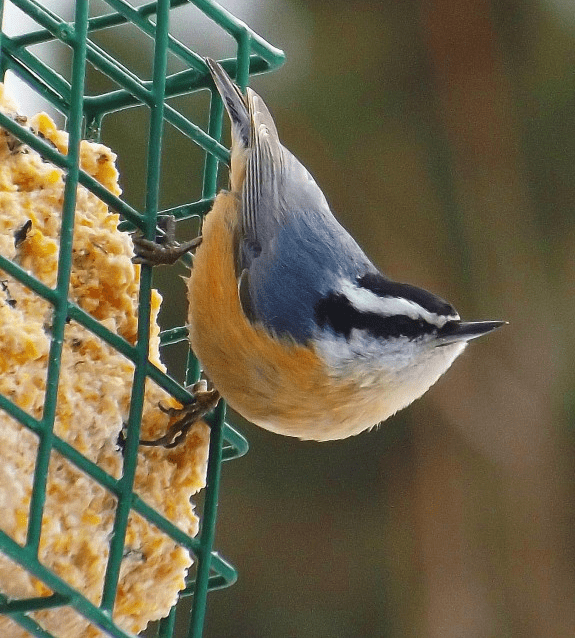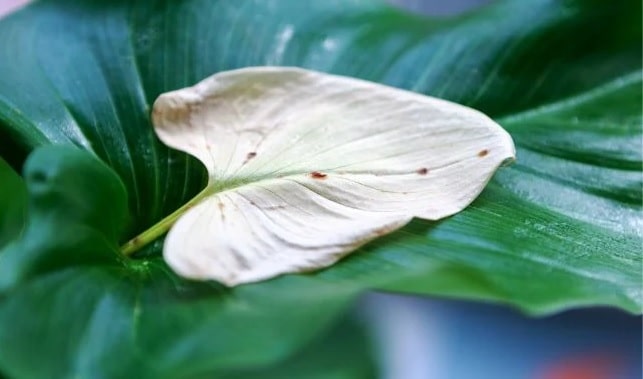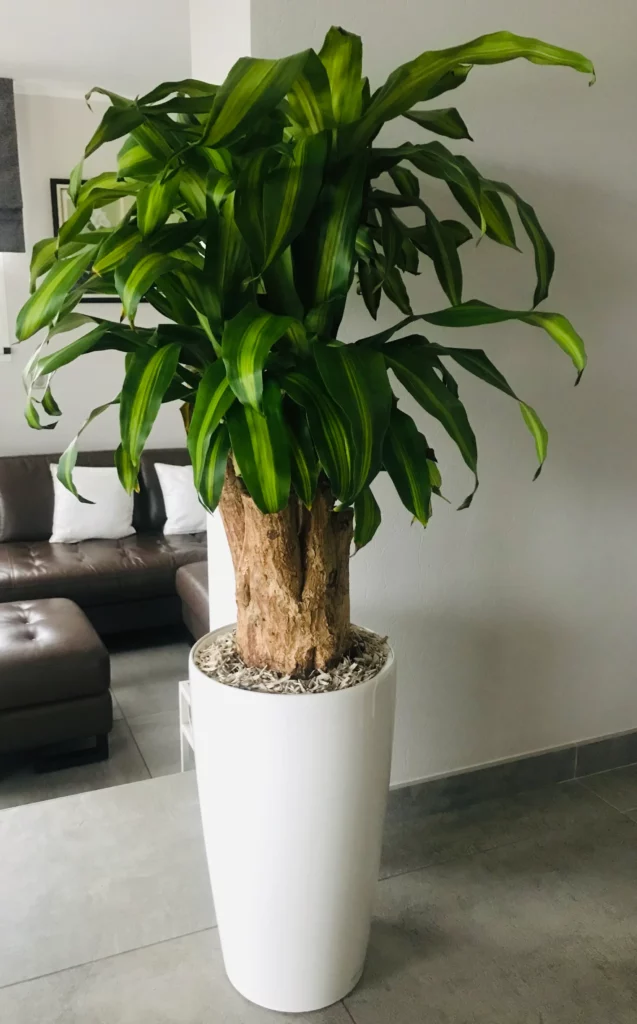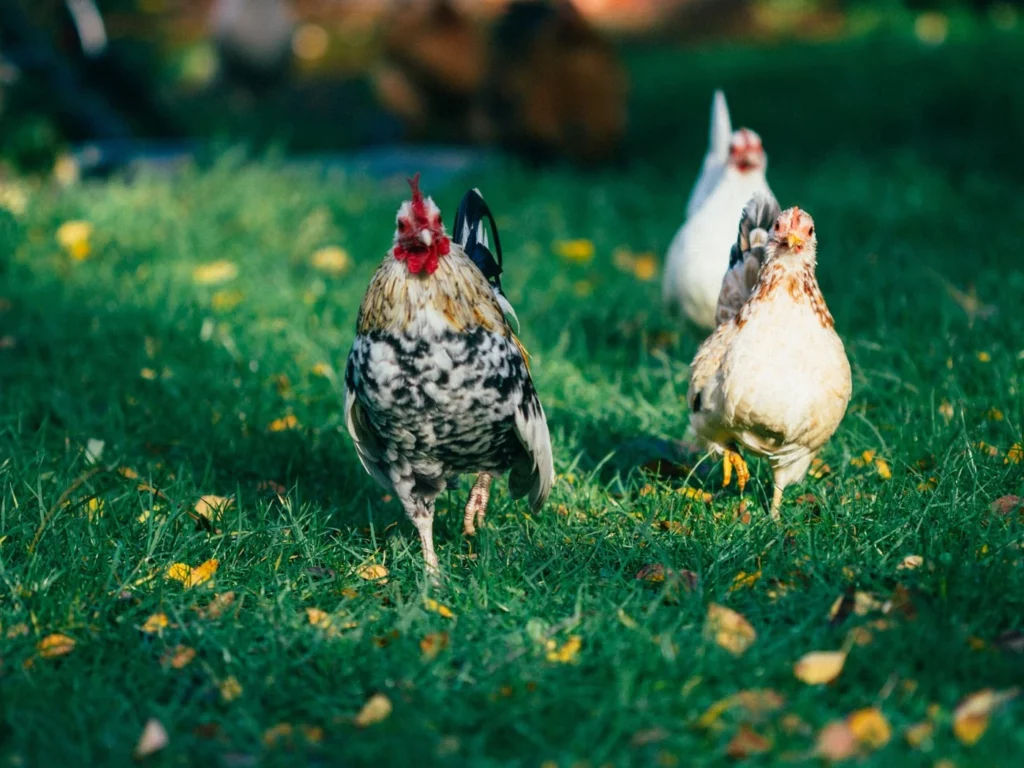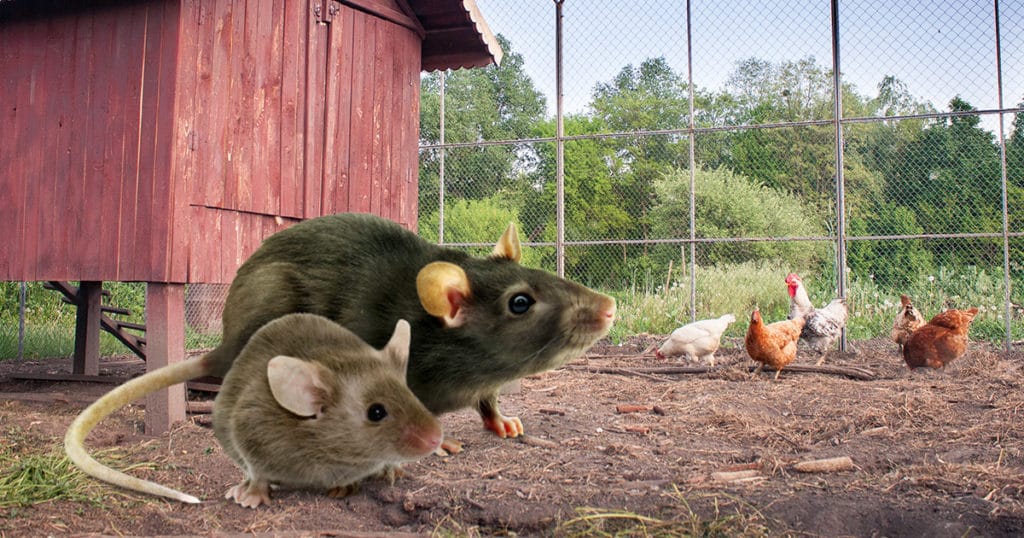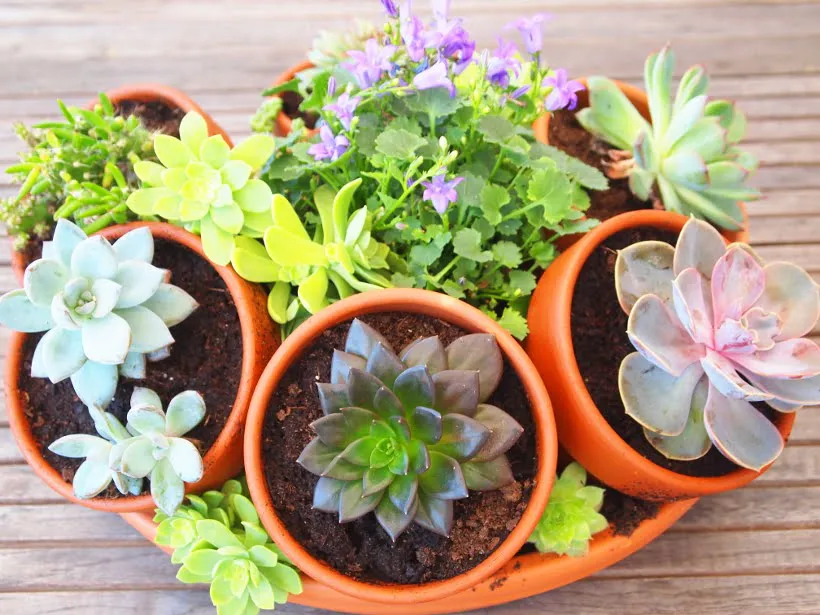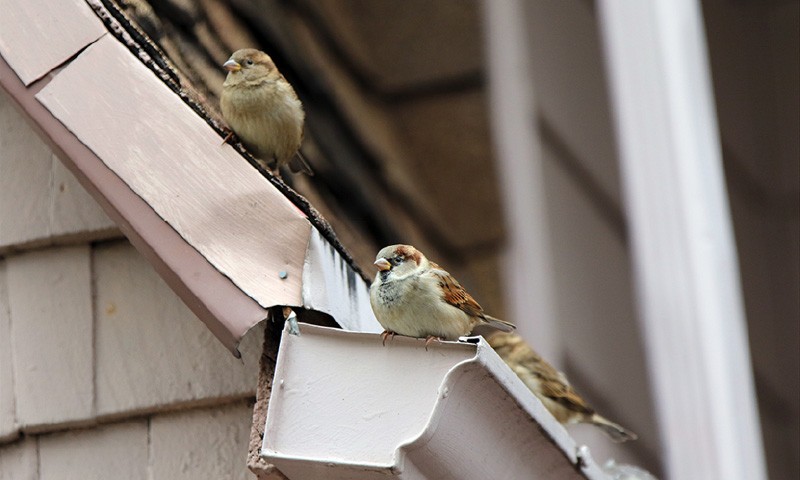If you have pets, you should be careful when choosing your houseplants. For example, many of the popular houseplants can be toxic to birds. But what about the queen of flowers: Are orchids toxic to birds?
Orchids are only partially toxic to birds. Smaller amounts of eaten plant parts are usually not a problem, but larger amounts can cause poisoning symptoms such as vomiting or diarrhea in birds.
That was just the short answer to the question. In this article, we will show you what other houseplants can be toxic to birds. Also, you will learn what to do if your pet has consumed poisonous plant parts and what other dangers may be lurking in your home.
Contents
- 1 Orchids are only mildly toxic to birds
- 2 The poison of the orchid is concentrated in the roots.
- 3 My bird ate an orchid
- 4 What plants are poisonous to birds?
- 5 Poisoning in birds
- 6 Heavy metals as a source of danger for birds
- 7 Air pollution and toxic fumes
- 8 Recognizing poisoning at an early stage
- 9 What should I do if my bird has eaten something poisonous?
- 10 Pay attention to your bird’s environment
- 11 Author
Orchids are only mildly toxic to birds
There are more than 30,000 species of orchids worldwide, and not enough research has been done to determine if any of them are highly toxic to birds. However, all commercially available orchid species should be rather harmless to animals.
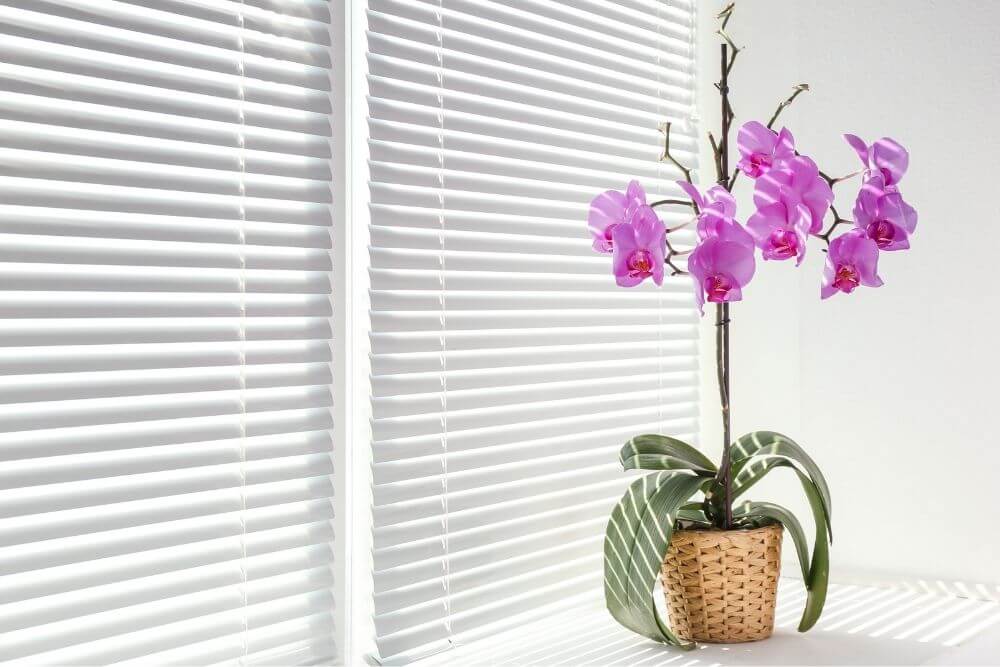
The toxicity of most orchid species is comparable to that of a nutmeg. Birds usually tolerate small amounts of digested plant parts quite well, but larger amounts could cause symptoms of poisoning.
Even though the orchid is only mildly toxic to birds, it is recommended to keep the plants out of their reach. This is because most plants from the trade are treated with pesticides or fertilizers that could harm your pet.
The poison of the orchid is concentrated in the roots.
The weak poison of the most popular orchid species are alkaloids. These are unevenly distributed in the orchid. For the most part, the toxins are found in the roots and tuber of the plant.
My bird ate an orchid
If your pet has only nibbled a little on an orchid, this should usually not be a problem. Neither the pet nor the orchid should suffer any permanent damage.
However, if the bird has consumed large amounts of plant parts, it could experience digestive problems, diarrhea, or vomiting. In this case, you should accompany your pet to the vet as a precaution.
It is recommended to cut off the nibbled leaves of the plant with sterilized scissors, as they will not grow back.
What plants are poisonous to birds?
Birds are curious animals that like to explore their surroundings. They like to nibble on things they would be better off not nibbling on.
Especially free-flying birds can reach even plants that are inaccessible to other pets. Therefore, it is important to know which houseplants can be poisonous for birds.
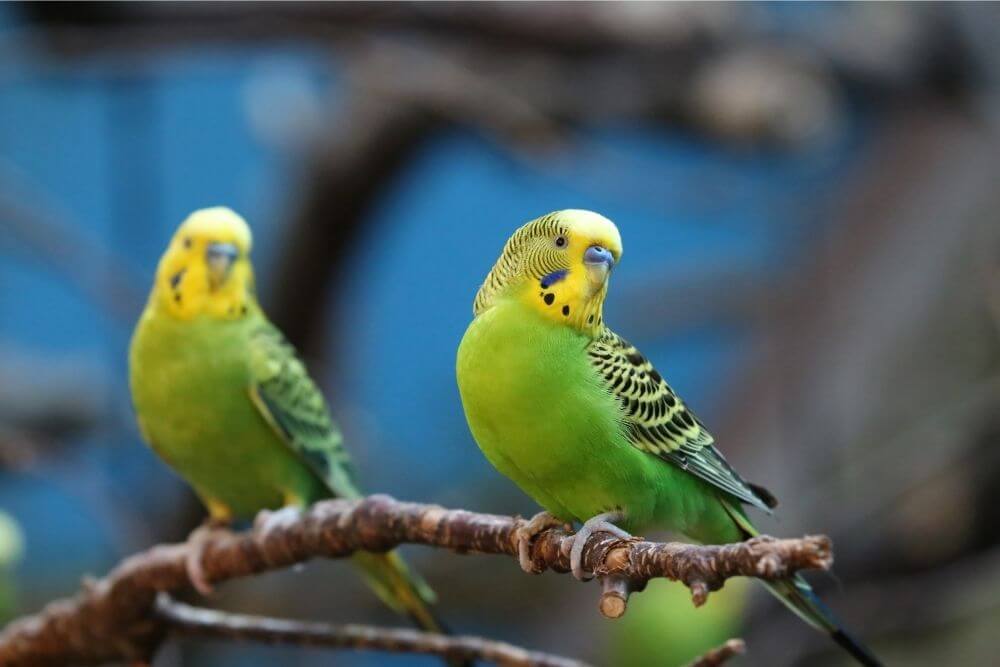
Many of the popular houseplants are at least slightly toxic to birds, orchids being one of them. While these are usually not fatal when nibbled on, they should still be kept out of the animals’ reach to be on the safe side.
Other houseplants are highly toxic and could even be fatal in the worst cases. Here is a list of highly toxic plants for birds:
- Cyclamen
- Amaryllis
- Anemones
- Arum
- Avocado
- Cup primrose
- Birch fig
- Christ thorn
- Dieffenbachia
- Euphorbia
- Laburnum
- Croton
- Hyacinths
- Magnificent lily
- Spindle tree
- Indoor calla
Please note that this is only a small selection of poisonous plants for birds. You should research thoroughly before any plant purchase to determine if the plant may be toxic to your birds.
Even supposedly non-toxic plants can pose risks. This is because most commercially purchased plants are treated with pesticides or other toxic substances. Ideally, you should place any houseplants out of reach of your animals.
Also keep in mind that plants can be toxic to different species of birds in different ways. Toxicity information is often conflicting, and a look at the Institute of Veterinary Toxicology’s Poison Database can often provide clarity.
Poisoning in birds
Poisoning is common in birds, but often not immediately recognized by bird owners. Not only poisonous plants can pose a danger, other risks lurk in almost every household.
Heavy metals as a source of danger for birds
The most common cause of poisoning is heavy metals. Birds like to nibble on metallic objects and often swallow parts of them. Therefore, you should not let your bird fly unattended in your home or remove all potentially dangerous objects from the bird’s reach beforehand.
Heavy metals are found primarily in lamps, batteries, curtain cords, tinsel, ceramic glazes, old window frames, paints, amateurishly designed aviaries, coatings on old cages, old bird toys, or ointments containing zinc.
Especially older cages, such as round cages, are not infrequently coated with paint containing metal, which can be life-threatening if swallowed. If you are still using one of these old cages, it is advisable to think about buying a new one.
Air pollution and toxic fumes
Birds are very sensitive little animals and are especially susceptible to poisoning from toxic fumes.
They have a more efficient respiratory system than most other mammals. Even vapors that we humans do not perceive can cause signs of poisoning in birds. The most common sources of danger are:
- Cigarette smoke – inhaling smoke and ingesting nicotine can be very harmful to feathered animals. Full ashtrays are also a hazard.
- Solvents – nail polish, nail polish remover, adhesives and paints should not be used in the areas where your birds will be.
- Non-stick frying pans – inhaling the fumes from a Teflon pan that has become too hot can be fatal to birds in the worst case scenario. Therefore, the kitchen is not suitable for bird keeping.
- PVC or carpeted floors – the fumes from freshly installed floors can quickly become a hazard to birds. Make sure the room has been well ventilated and wait a few days before allowing your birds back into the room.
- Insect spray – often contains ingredients harmful to birds. Even electric insect traps declared as non-toxic can become a hazard.
- Room sprays – artificial fragrance sprays should also be avoided in rooms where birds stay. In general, it is recommended that all chemical sprays not be used near birds.
- Other household hazards
- Hygiene products such as deodorant, detergents and disinfectants can also cause poisoning. But also carelessly left medicines, scented candles, matches, spoiled food or food incompatible for birds are possible sources of danger.
Recognizing poisoning at an early stage
It is not always easy to recognize poisoning in birds immediately. Because if birds are not well, it is usually more difficult to recognize than for example with a dog or a cat.
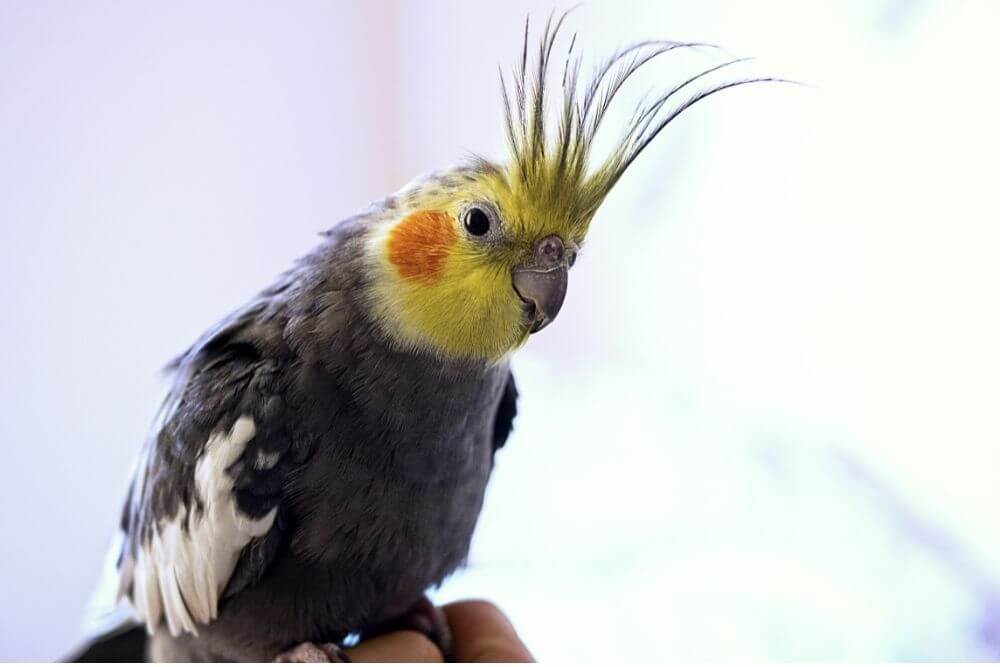
However, there are some symptoms that could indicate poisoning. The most common are:
- Disorientation
- Cramps
- Shortness of breath
- Diarrhea
- Vomiting
- Sloping head
- Apathy
- Reluctance to eat
- Disorientation
- Staggering
- Paralysis
If you suspect your bird has eaten a poisonous plant or other toxin, you should act quickly.
What should I do if my bird has eaten something poisonous?
In this case, you should seek immediate attention from a knowledgeable veterinarian. Any delay could result in permanent damage or, in the worst case, death to the animal.
Under no circumstances should you attempt to care for the bird on your own. Please never administer medications approved for humans to the animal, even if it is an emergency.
The veterinarian will be better able to treat your animal if he or she receives additional information from you. Where has the bird been staying? What has it been eating?
Ideally, bring any eaten plant parts or the suspected source of the poison to help the doctor diagnose and treat it.
Pay attention to your bird’s environment
Birds can easily become poisoned. One small moment of not paying attention during free flight and it happened. This is because many things in the home can be highly toxic to birds.
Therefore, as a bird owner, you should always pay close attention not to leave dangerous objects in the open. If your pet has nevertheless swallowed something poisonous, you should act as quickly as possible and accompany your bird to the vet.


